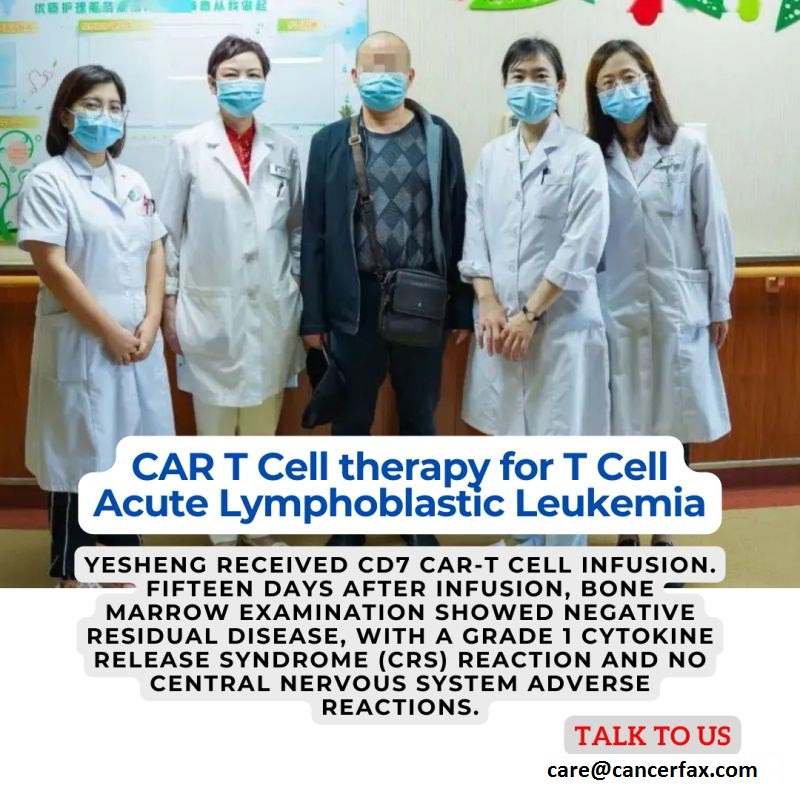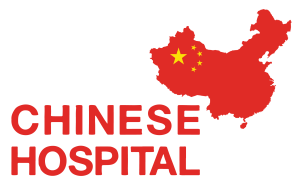In a groundbreaking development in the field of hematology and immunotherapy, CD7 directed CAR-T cell therapy has demonstrated remarkable efficacy in treating T-cell malignancies, including T-cell acute lymphoblastic leukemia (T-ALL). This innovative treatment offers new hope for patients with relapsed or refractory T-cell leukemia, as evidenced by the case of Yesheng, a patient who achieved complete remission following this advanced therapy.

Yesheng’s Journey: A Case Study
Yesheng’s battle with leukemia began in September 2017 when he developed facial rashes that gradually spread and merged into patches. By February 28, 2018, a bone marrow examination confirmed a diagnosis of "acute T-cell lymphoblastic leukemia." Despite undergoing multiple courses of chemotherapy and achieving intermittent negative residual disease checks, Yesheng’s treatment journey was far from over.
In June 2019, all medications were discontinued, and for a time, it seemed the disease was under control. However, in May 2021, Yesheng experienced a relapse, presenting with masses in the oral-pharyngeal region and enlarged neck lymph nodes. A subsequent bone marrow examination confirmed a complete relapse of leukemia.
Upon admission to the Second Hematology Department of the hospital on May 28, 2021, Yesheng’s diagnosis was revised to "acute leukemia (T/myeloid biphenotypic)." Despite undergoing one cycle of chemotherapy, the bone marrow failed to achieve remission.
Breakthrough Treatment with CD7 CAR-T Cell Therapy
On July 27, 2021, Yesheng received an infusion of CD7 CAR-T cells, followed by chemotherapy combined with autologous CD7 CAR-T cell therapy. The results were nothing short of remarkable. Just 15 days after the infusion, a bone marrow examination showed negative residual disease, indicating complete remission.
The treatment was well-tolerated, with only a grade 1 cytokine release syndrome (CRS) reaction and no central nervous system adverse reactions. This outcome highlights the potential of CD7 CAR-T cell therapy as a safe and effective treatment option for patients with T-cell malignancies.
The Promise of CD7 CAR-T Cell Therapy
CAR-T cell therapy, a form of immunotherapy, has revolutionized cancer treatment by reprogramming a patient’s own immune cells to target and destroy cancer cells. CD7, a surface antigen highly expressed in T-cell malignancies, has emerged as a promising target for this therapy.
Yesheng’s case underscores the potential of CD7 CAR-T cell therapy to address the challenges of relapsed or refractory T-ALL, particularly in cases where conventional treatments have failed. This therapy not only offers a chance for remission but also improves the quality of life for patients by minimizing severe side effects.
Conclusion
The success of CD7 CAR-T cell therapy in Yesheng’s case marks a significant milestone in the treatment of T-cell malignancies. As research and clinical trials continue, this innovative approach holds the promise of transforming the landscape of hematology and immunotherapy, offering new hope to patients worldwide.
For more information on cutting-edge treatments like CD7 CAR-T cell therapy, visit chinamedtours.com, your trusted source for medical advancements and healthcare solutions.




